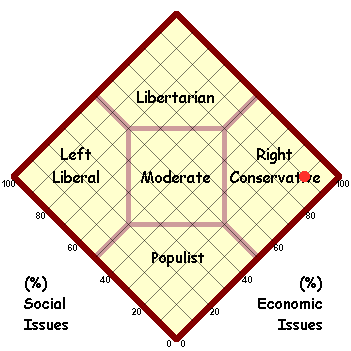If? No it is the case. End of story. Bringing it up is irrelevant.
The Constitution is not subordinate or beholden to any law. Period.
[highlight]
Do you, or do you not know that?
If you don't, there is no point going on as you simply do not know the subject material.
If you do know it, you need to stop arguing irrelevant bs.[/highlight]
why did Congress pass the Nationalization Act of 1790,
Besides it not being relevant, the actual question should be why was it removed if it was intended? If it had been intended it would not have been removed.
Like today, Congress passes things where they are not fully aware of the consequences of, and at times, not fully aware of the wording until after it has been enacted.
The fact is that they changed the language for a reason. And never put it back in there.
the only U.S. law to ever define who was a natural-born citizen?
Besides it not being relevant, it did not define it for Constitutional purposes. The crap you were quoting in the other threads conveniently pointed that out to you.
Furthermore, why then did the law declare that children born abroad to "a free white man who was not a diplomat" were also natural-born U.S. citizens? Clearly, the Congress of the day were keenly aware of the possibility that an American male could travel abroad, impregnate a foreign female (mistress), and said (male) child would likely become his heir. So, they came up with a convenient caveat to the natural-born citizenship equation: no descendants of diplomats or royalty could ever become POTUS.
Still irrelevant. It was changed and did not define or supersede the Constitutional requirement.
I also understand how the Founding Fathers interpreted the term "natural-born" to mean under English common-law.
Not entirely correct.
English common law is a last resort. You seem to forget that even though many of the laws of the time were based on English common law, we were no longer English Colonies and their laws were not in effect. Our common laws were.
If the Court could find no available meaning from our shores then, and only then, would they turn to English common law.
Regardless, the court has already recognized what the term could mean.
At common-law, with the nomenclature of which the framers of the Constitution were familiar, it was never doubted that all children born in a country of parents who were its citizens became themselves, upon their birth, citizens also. These were natives, or natural-born citizens, as distinguished from aliens or foreigners.
The above is the Court stating exactly that there is no doubt this group fits the meaning of natural born citizen within the common law and nomenclature of the time of that which our Founders were familiar with.
The Court then goes on to state that there is a second class that some authorities suggest would also fall under the natural born citizen definition which there is doubt that they do.
Some authorities go further and include as citizens children born within the jurisdiction without reference to the citizenship of their parents. As to this class there have been doubts, but never as to the first. For the purposes of this case it is not necessary to solve these doubts.
That is the nbc argument as defined by the common law and nomenclature of the time as recognized by the court.
Being on soil is not in question, parental citizenship is.
The above as recognized by the court follows what has been provided by Vattel and the letter to Washington by John Jay.
And the wording being adopted after the letter was sent to Washington is a strong indication that it was meant to eliminate the chance of those born with foreign allegiances from holding the office.
Continues on next page.

